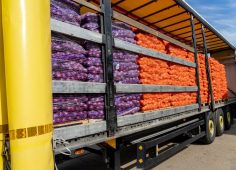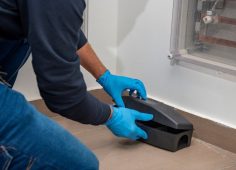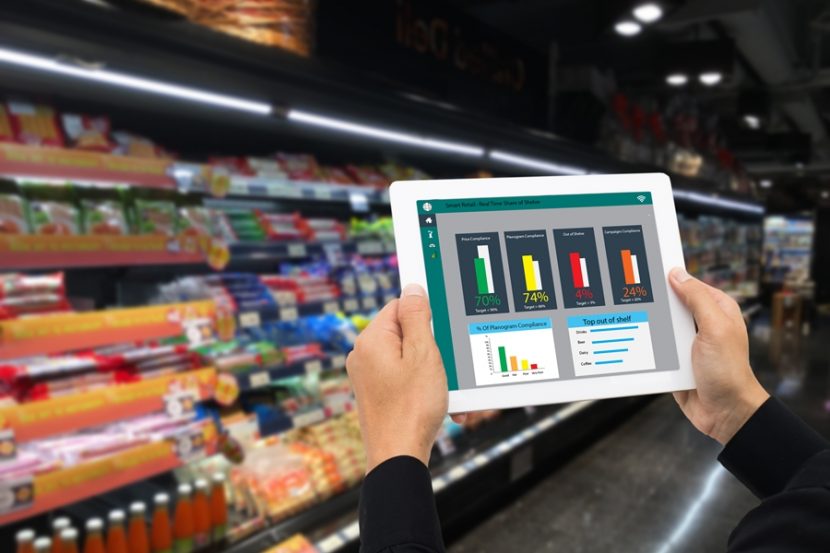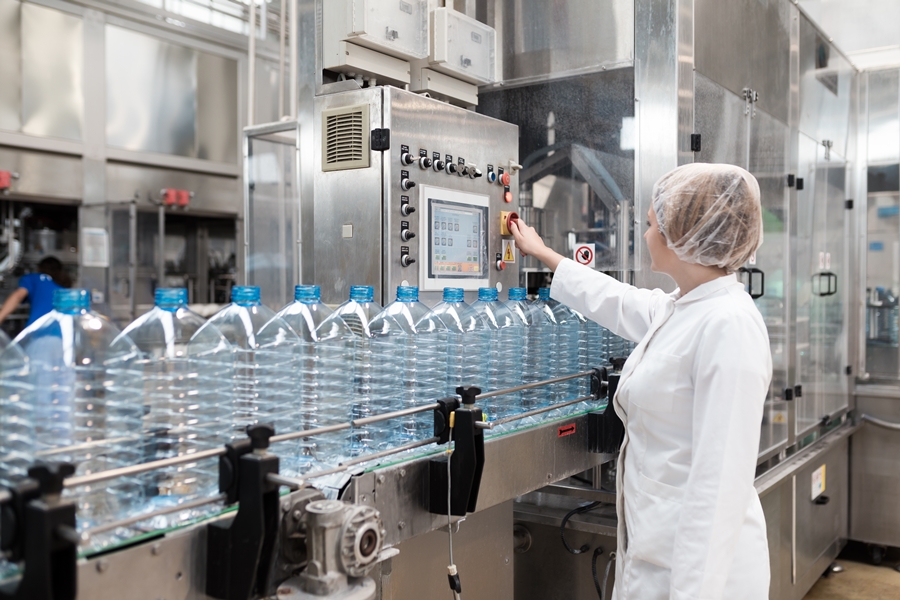High Tech Key to Maintaining Safety in Foodservice and Retail
Posted: Wednesday, February 13, 2019
By Melanie Bradley
The supply chain of ingredients is under the microscope like never before, and food safety standards are rising across the globe. Food suppliers and food retailers must focus on protecting their customers and it is more important than ever for food businesses to implement digitally-based preventive measures to combat foodborne illnesses and meet industry regulations.
The introduction of the Food Safety Modernization Act (FSMA) includes controls and requirements for food safety inspections, transportation of food, and HACCP compliance timelines.
Food retailers now need to monitor food storage, preparation, and display temperatures in multiple places throughout the store, including deli, dairy, meat, freezer, bakery and produce sections. These temperature records must be recorded and maintained for up to two years to meet the FDA’s HACCP standards as set out under the FSMA requirements. Records must be easily accessible to both the store and the headquarters for internal use, as well as for inspectors conducting food safety audits.
Implementing IoT technology in a food services business results in greater automation and standardization of key processes
Technology in Food Safety
Where there is no digital device available, these temperatures are taken and recorded manually by store employees. This is time consuming and expensive, and there is no easy way to ensure the employee complies with the specific frequency or timing of temperature readings. Some employees will “pencil whip” these charts rather than complete the required checks on schedule. To avoid these mishaps, an auditable tracking tool that provides photographic evidence of tasks performed and violations highlighted—preferably one based in cloud computing technology—is imperative.
A cloud-based solution provides valuable insights into inefficient processes and business decisions. The cloud offers the resources to streamline operations and access information so a food service business can be pro-active and preventive when it comes to food safety, ultimately protecting the brand and gaining consumer confidence.
With a growing demand for digital platforms, technology in restaurant and foodservice equipment in particular has already begun to evolve at an unprecedented rate. In these sectors a critical component lies in keeping food safe. Technology also has a role in helping decrease food waste. A recent report from the National Restaurant Association (NRA) found that 10% of food purchased by a restaurant or foodservice operation is discarded before reaching guests because of a breakdown in storage processes.
Deploying IoT systems can help offset these losses.
Food Safety IoT Technology
With a cloud-based solution, data from wireless IoT sensors, dispersed throughout the food chain, is continually collected and analyzed to ensure temperatures do not vary from pre-defined limits set out in HACCP guidelines. IoT Sensors and cloud computing technology can be used to remotely monitor key areas, and recommend corrective actions when steps or checklists are missed, thus resulting in an increase in overall operational efficiency.
Implementing IoT technology in a food services business results in greater automation and standardization of key processes, which generate enhanced food safety processes: alerts can be sent via text or SMS when key temperatures move outside of compliance and affect the quality of food stored. Corrective action can then be quickly taken.
An integrated approach to food safety is ideal and incorporates IoT temperature sensors dispersed throughout the cold and hot food chain, coupled with a food safety/task management system for taking HACCP-required food safety temperature measurements. Together they represent an opportunity for unprecedented visibility and traceability, for an end-to-end food safety strategy that is especially helpful for groceries or restaurants.
About the Author
Melanie Bradley is the Product Marketing Specialist for PAR’s POS Restaurant Technology platform. Melanie holds a Master’s degree from Florida State University in Humanities with a minor in English and Creative Writing. She works extensively with the Product Management Team to create product messaging, conduct competitive research on product positioning, and creating launch plans to bring hardware, software and service products to market. Melanie is a certified Yoga instructor, an avid CrossFitter and an adventure enthusiast.

-
 FeaturedSupply Chain Management
Building a Safer Food System with Smart Supply Chain Strategies
FeaturedSupply Chain Management
Building a Safer Food System with Smart Supply Chain Strategies
-
 FeaturedSupply Chain Management
Driving Food Safety: The Role of Transportation Management Systems
FeaturedSupply Chain Management
Driving Food Safety: The Role of Transportation Management Systems
- Podcast How Blockchain is Transforming the Food Industry: Perspectives from Ali Asgar Abbas, Co-Founder of ProofEasy
-
 FeaturedFood Safety
The Realities of IPM: Challenges and Solutions for Pest Prevention in Food Safety
FeaturedFood Safety
The Realities of IPM: Challenges and Solutions for Pest Prevention in Food Safety
- Podcast How Advanced Inspection Technology Can Transform Food Safety: Perspectives from Kye Luker
-
 FeaturedPublic Health
The Silent Invader: Uncovering H. pylori and Its Harmful Risks, Including Foodborne Illness
FeaturedPublic Health
The Silent Invader: Uncovering H. pylori and Its Harmful Risks, Including Foodborne Illness




